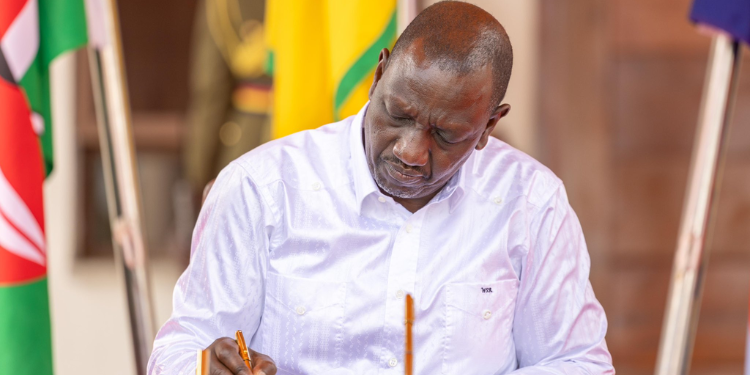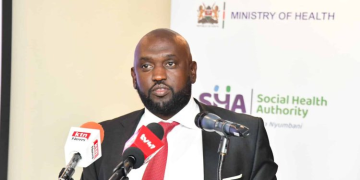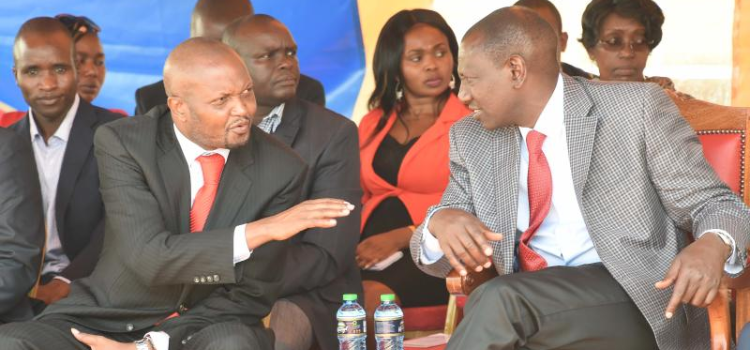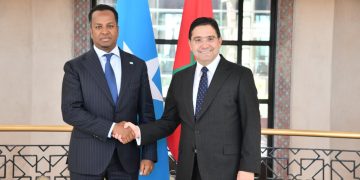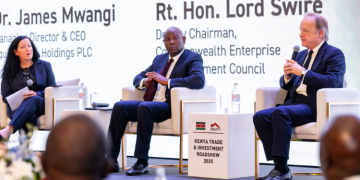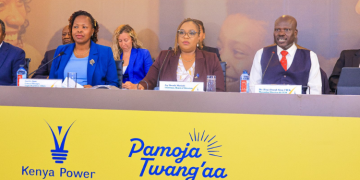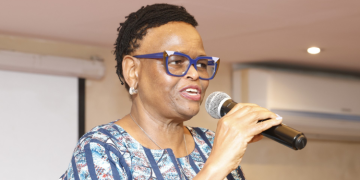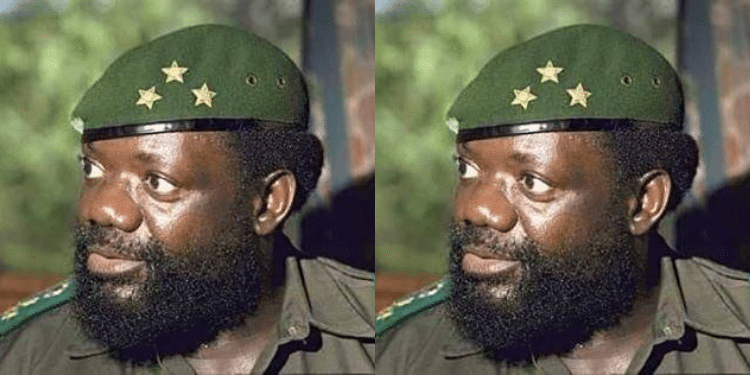On February 22, 2002, Jonas Savimbi, one of Africa’s most charismatic rebel leaders, was assassinated by the Angolan government after a 27-year conflict with them.
He was killed during a firefight with Angolan government troops along the banks of the Luvuei River in Moxico Province, having sustained multiple gunshot wounds.
His death was a key moment in the Angolan Civil War. It led to a ceasefire and helped bring lasting peace to Angola.
Jonas Savimbi was widely recognized for his ability to inspire and mobilize people. He was multilingual, speaking six languages, which allowed him to unite diverse ethnic groups under his leadership.
Born in 1934 in Angola, he initially pursued medical studies at the University of Lisbon in Portugal before shifting to political science at the University of Lausanne in Switzerland, where he earned a doctorate in 1965.
Jonas Savimbi and His Rebel Group
His time in Europe exposed him to various political ideologies, which he later applied in leading his rebel group, the National Union for the Total Independence of Angola (UNITA).
In 1966, Savimbi founded UNITA to overthrow Portuguese colonial rule in Angola. The Angolan Civil War erupted shortly after the country gained independence from Portugal in 1975.
Savimbi’s rebel group drew support from the Ovimbundu ethnic group and engaged in guerrilla warfare, targeting key infrastructure such as diamond mines and railroads.
Also Read: Trump Slaps Kagame’s Allies with Sanctions Over M23
During the Cold War, Savimbi became a significant figure in global geopolitical struggles.
The United States and other Western nations supported him to counter the Soviet Union-backed Marxist-inspired Popular Movement for the Liberation of Angola (MPLA), which also received military assistance from Cuba.
His relationship with Western powers was exemplified when U.S. President Ronald Reagan invited him to the Oval Office, encouraging him to promote capitalist ideals in the fight against communism.
Angola Civil War
The Angolan Civil War was one of Africa’s longest conflicts. Despite multiple attempts at peace, including the Bicesse Accords in 1991, which aimed to transition Angola to a multi-party democracy and end the civil war, Savimbi rejected the 1992 election results, claiming they were rigged.
This rejection led to renewed fighting. In 1993, he set stringent conditions for peace talks and threatened to sabotage Angola’s oil infrastructure if his demands were not met.
By the late 1990s, the Angolan government intensified military efforts against UNITA. A series of offensives weakened the rebel group, while international sanctions targeted UNITA’s diamond trade, cutting off its major source of funding.
Also Read: US Govt Issues Formal Warning After Kenya Hosted RSF Rebels
As the Cold War ended, foreign support for Savimbi dwindled, leaving him increasingly isolated.
By the early 2000s, UNITA had lost significant ground, and Savimbi was trapped by Angolan troops in Moxico Province.
On February 22, 2002, he was killed in a firefight along the Luvuei River, marking the effective end of UNITA’s armed struggle. His death led to a ceasefire shortly afterward, bringing decades of war to a close.
After Jonas Savimbi died in 2002, UNITA shifted from an armed rebel group to a political party. Under Isaías Samakuva’s leadership, UNITA renounced armed struggle and began engaging in electoral politics.
Jonas Savimbi remains a controversial figure in African history. Some view him as a freedom fighter who stood against communist rule. Others view him as a warlord whose long-lasting rebellion caused great suffering in Angola.
Follow our WhatsApp Channel and X Account for real-time news updates.


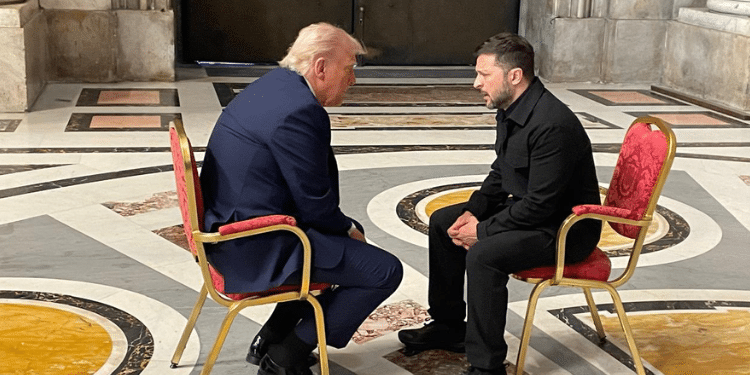
![14 Companies To Be Granted New Mining Licenses By Govt [Full List] Cs Joho Lists 14 Firms Seeking Mining Licences, Kenyans Given 42 Days To Respond]( https://thekenyatimescdn-ese7d3e7ghdnbfa9.z01.azurefd.net/prodimages/uploads/2025/11/Mining-CS-Hassan-Joho-touring-the-Voi-Gemstone-in-Taita-Taveta-County-on-Friday-August-16-2024.-PHOTOJoho-360x180.png)
